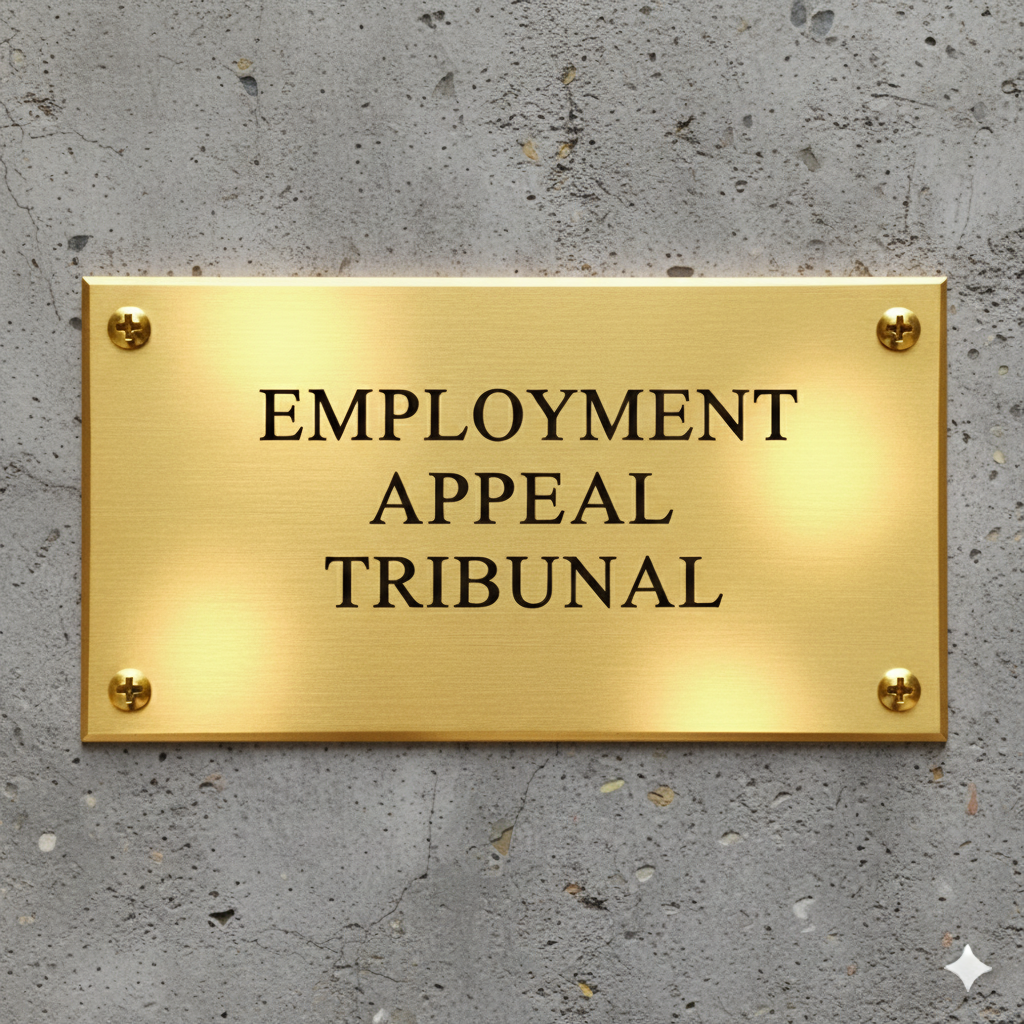Veezu Driver Status Case: Tribunal Overturns Order for Extensive 'Multi-Apping' Data
An Employment Appeal Tribunal has overturned a case management order requiring over 500 Veezu drivers to provide extensive data on their use of rival ride-hailing apps.
• public
Veezu Driver Status Case: Tribunal Rejects 'Multi-Apping' Data Order
The Employment Appeal Tribunal (EAT) has ruled in favour of appellants in the case of Gillani et al. v. Veezu Ltd et al., overturning a controversial case management order. The original order required over 500 private hire drivers working for Veezu to provide comprehensive details of their engagement with other ride-hailing platforms – a practice known as 'multi-apping'.
The drivers, who are claiming worker status to secure rights such as holiday pay and minimum wage, argued the order was overly broad, disproportionate, and placed an unreasonable burden on them.
Key Issues in the Appeal
The central point of contention was an order issued by an Employment Tribunal compelling all claimants to furnish:
- Dates and times logged onto any other driving or delivery apps.
- Dates of availability to other businesses offering similar services.
The claimants contended this requirement was irrational, excessive, and failed to properly consider the associated costs and logistical difficulties. The EAT sift judge initially raised concerns about the order's scope.
The EAT's Decision
The Honourable Mr Justice Kerr found that the original judge had made errors of law, ruling the order was "outside the generous ambit within which reasonable disagreement was possible, irrational and perverse." The EAT concluded the judge had incorrectly balanced proportionality and misunderstood the practical implications of the order.
The EAT also addressed whether it could substitute its own order or whether it was bound to remit the case back to the Employment Tribunal. Ultimately, the EAT opted to replace the original order with a more targeted approach.
Revised Data Requirements
Under the new ruling, only the 12 potential lead claimants in the case will be required to provide full details of their multi-apping activities. Additionally, a randomly selected sample of 125 claimants will complete a questionnaire, verified by a statement of truth, estimating their engagement with other platforms. These requirements are limited to a two-year period prior to the claim date.
This revised approach aims to balance the need for relevant information with the practical considerations of data collection and proportionality, ensuring the case progresses efficiently without undue burden on the claimants.
Read the entire judgement here: Mr Syed Asim Raza Gillani and others v Veezu Ltd and others [2025] EAT 97
